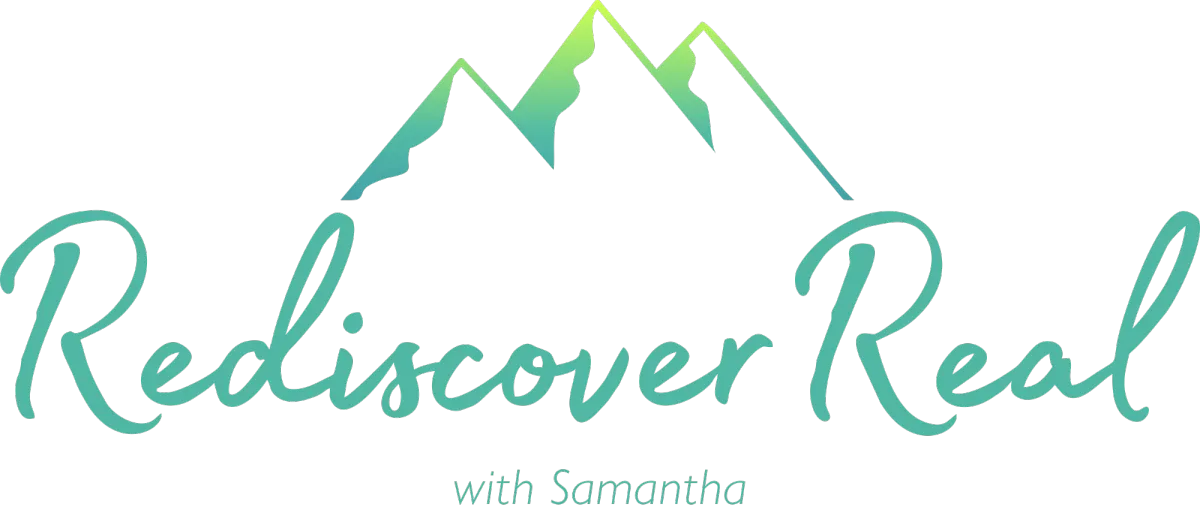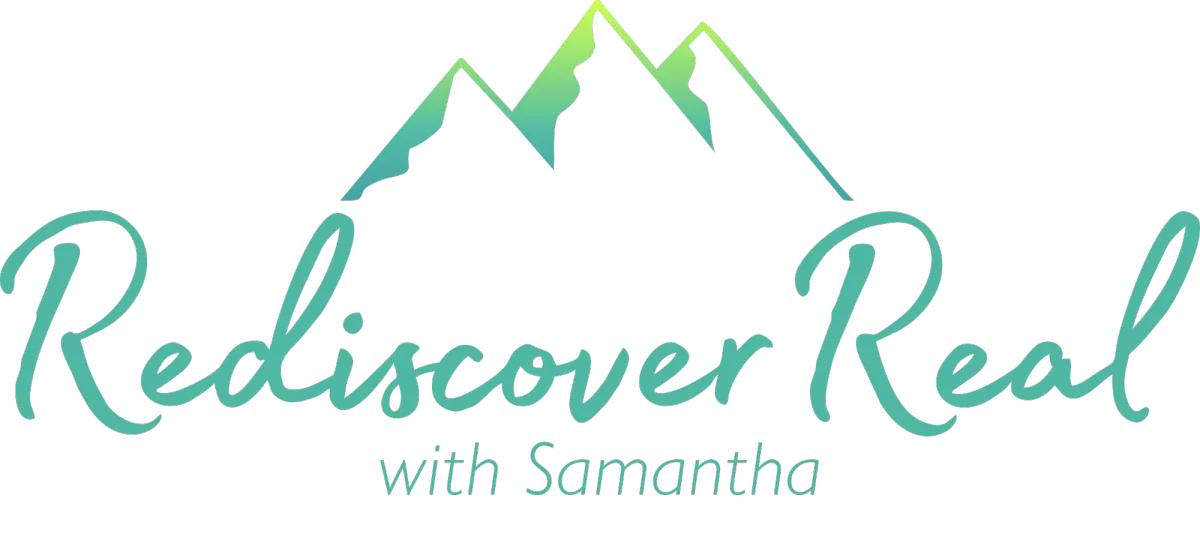MY LATEST LESSONS...

Connect with me!
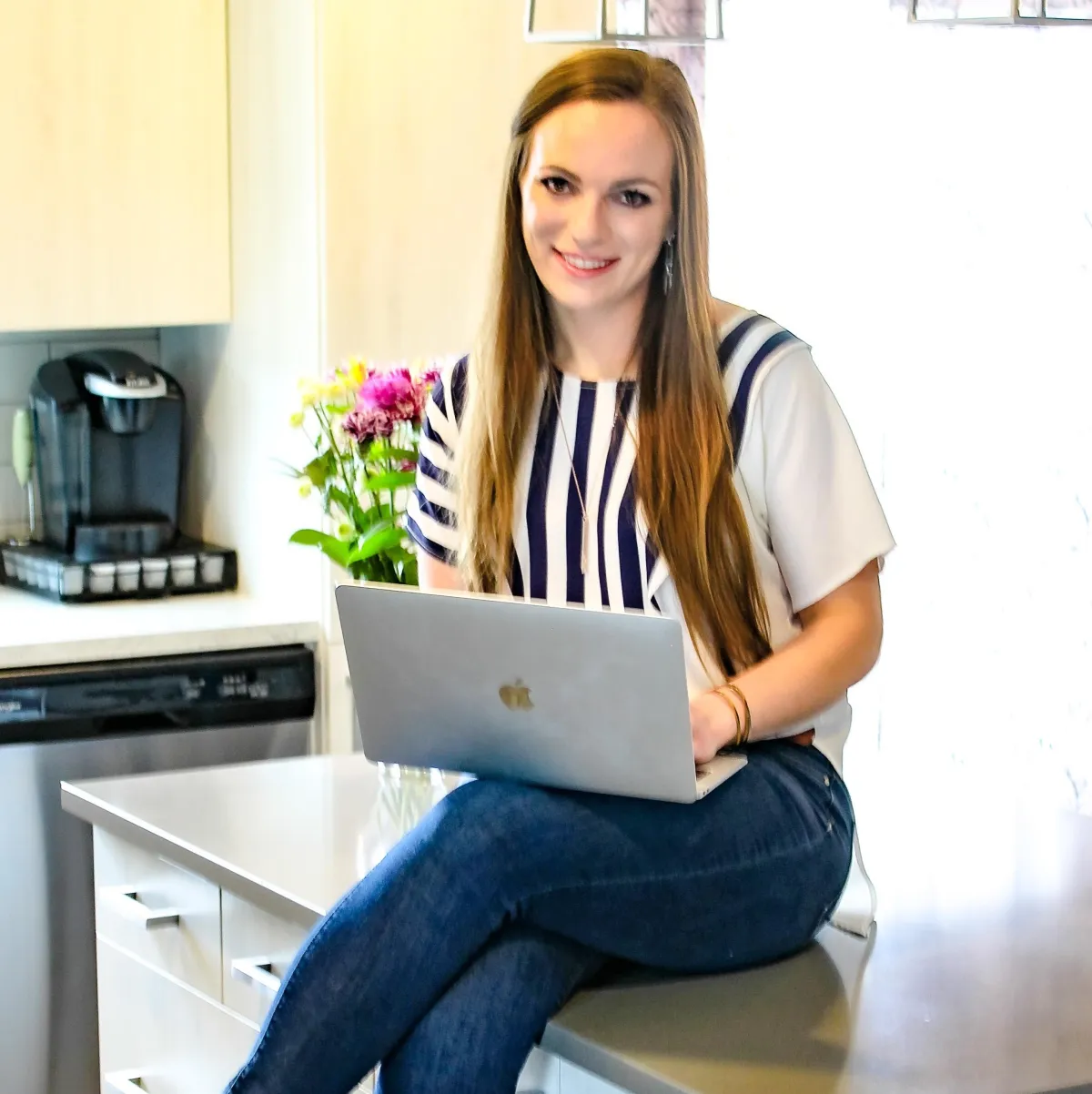
Learn with Me!
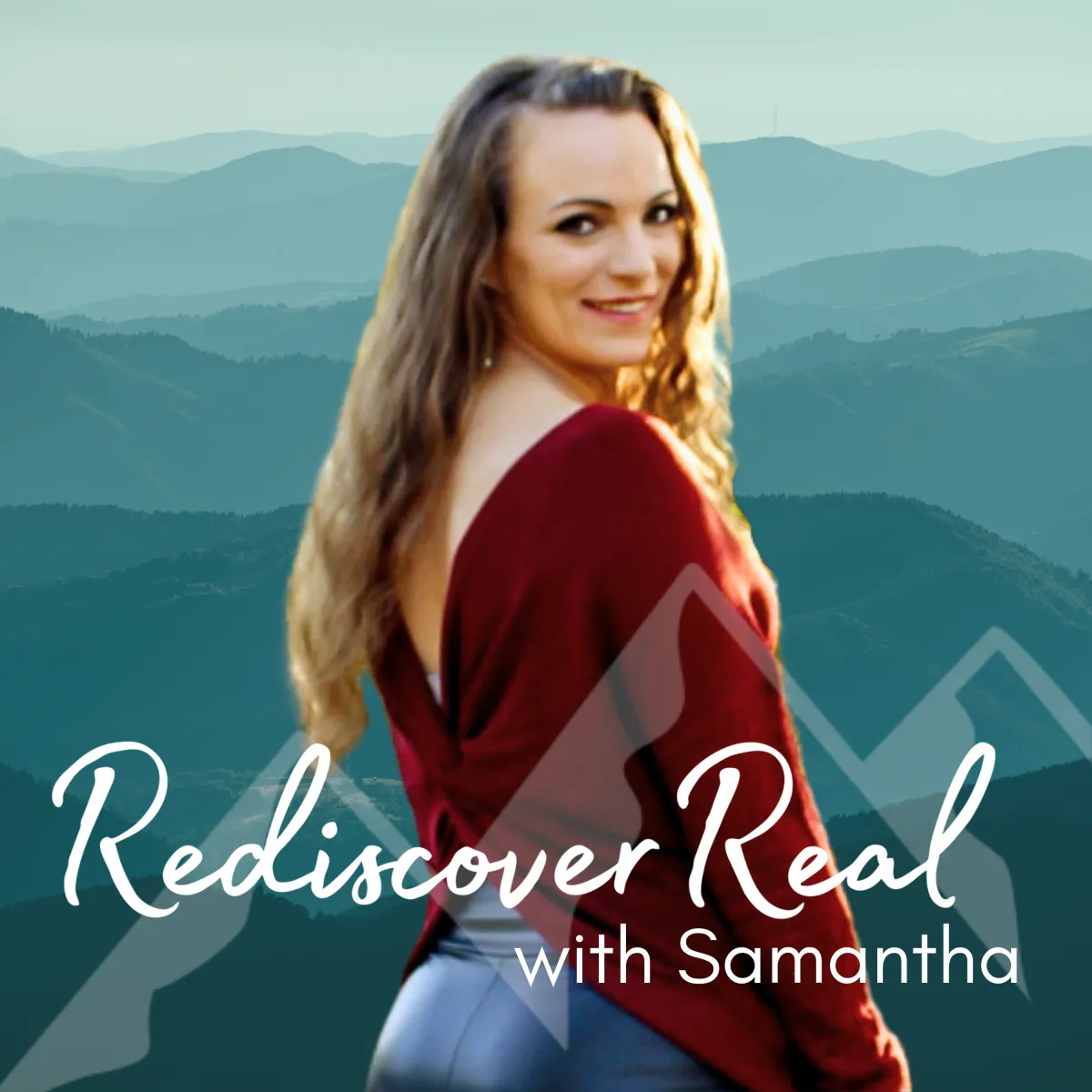
Listen to the Latest!
I'M ON THE JOURNEY, AND YOU'RE INVITED.
Sharing the real fully me with as much grace and gumption possible.
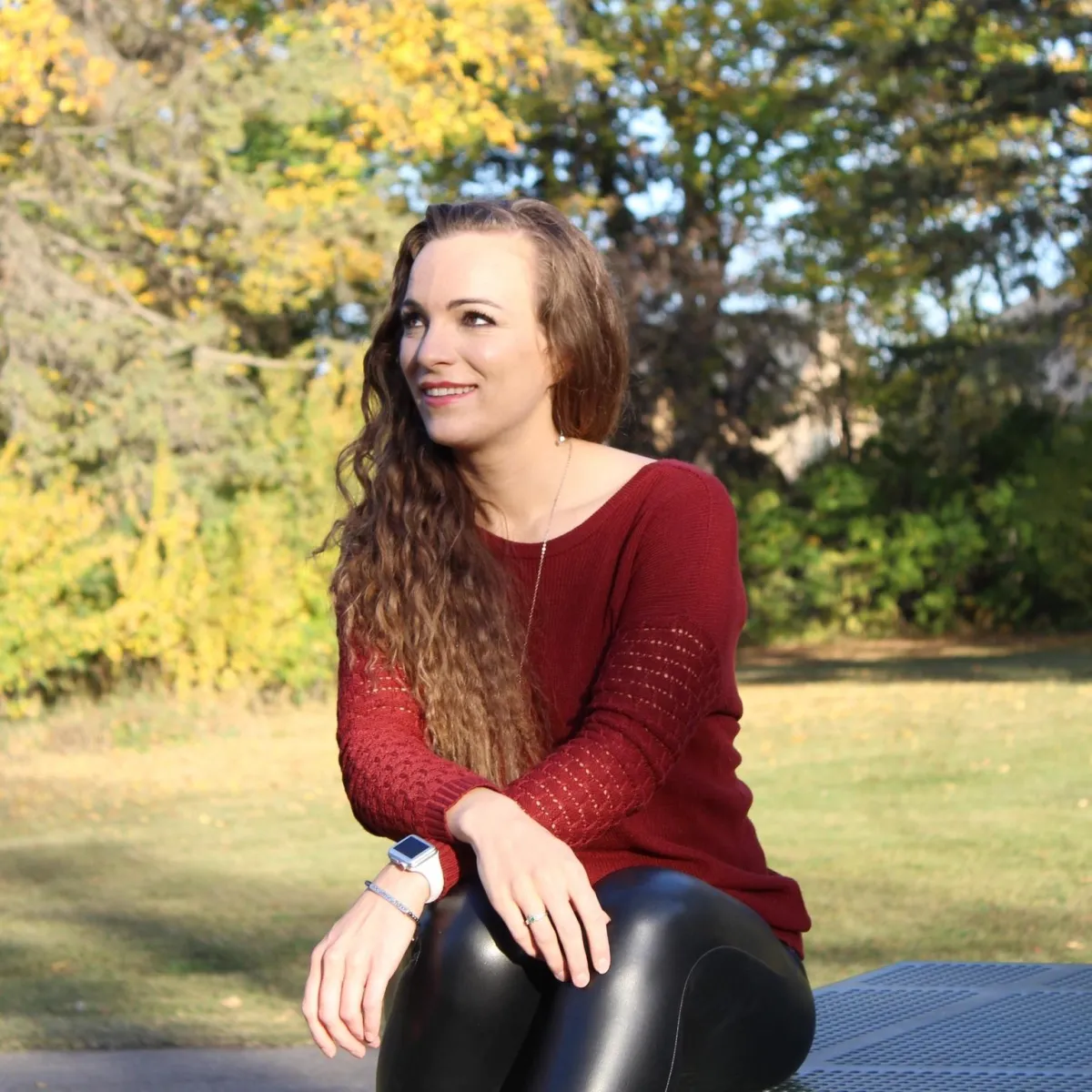
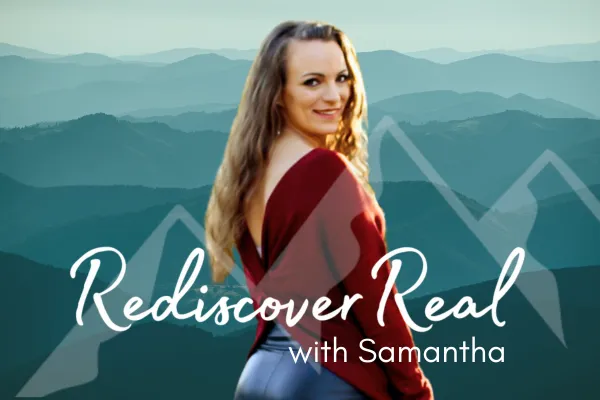
#31 Money Mindset: Financial Empowerment - Unveiling Money Mindset Influences
#31 Money Mindset: Financial Empowerment - Unveiling Money Mindset Influences
Discover the roots of your money mindset with me in this enlightening episode. Dive into the influence of family and surroundings on your financial beliefs, exploring the phrases, stories, and habits that shape your journey. Learn how to choose your financial circle wisely and break free from generational patterns, taking ownership of your financial narrative. Embrace discomfort as a catalyst for growth and unlock opportunities to give more generously. Join me on a journey towards financial empowerment and discover the key to creating a future aligned with your true potential.
Listen on Apple Podcasts, Spotify, Podbean, Amazon Music, Audible, Google Podcasts, or whatever your favourite place to listen is! Or Watch on YouTube below!
Transforming Money Mindsets: Choosing a Path of Financial Empowerment
I'm excited to dive into a thought-provoking episode on family and money mindsets. Join me as we explore the origins of our money beliefs and how they shape our financial journey.
Key Points:
1. Early Influences on Money Mindset:
Our money mindset is often deeply rooted in our upbringing. The phrases we heard, the spending habits we observed, and the stories shared by our parents or guardians all play a significant role. Remember, this isn't about passing judgment on our loved ones; it's about understanding the origins of our beliefs.
2. Influence Beyond Childhood:
As we grow, our money mindset is further shaped by the people we surround ourselves with—friends, colleagues, mentors, and influencers. Being conscious of the stories and beliefs we absorb from our environment is crucial for financial growth.
3. Choosing Your Circle Wisely:
Our financial temperature often mirrors that of our immediate circle. Even without explicit conversations about money, we unconsciously adopt the patterns and beliefs of those around us. It's essential to be aware of this influence and decide whether it aligns with the financial path we envision.
4. Breaking Generational Patterns:
Just as in healing from trauma, we aren't responsible for our past, but we are accountable for our healing. Breaking generational patterns requires a conscious choice to redefine our financial identity. It's about acknowledging our past, taking ownership, and deciding to create a different future.
5. Embracing Uncomfortable Change:
Choosing a different financial path may feel uncomfortable at first. Stepping outside the familiar zone may bring judgment or uncertainty. However, it's crucial to recognize that embracing discomfort is often a sign of growth and a step towards financial empowerment.
6. Shifting Perspectives for Generosity:
If you find yourself wishing you could give more or make a greater impact, it's time to reevaluate your financial mindset. Shifting from a comfortable, content perspective to one that embraces growth can unlock opportunities to contribute more to others and leave a lasting legacy.
In conclusion, our money mindset is a powerful force that shapes our financial journey. By understanding its origins, choosing our influences wisely, and embracing change, we can break free from limiting beliefs and create a financial future that aligns with our true potential. Remember, it's not about blaming the past; it's about taking charge of our financial narrative for a brighter future.
Transcription:
00:00
family and money mindsets. Where did you get your money mindset from?
00:09
This episode is going to be...
00:12
Interesting. And I'm gonna preface this with if any of my family or my close friends listen to this. This is no reflection on what I think of you or judgment towards you or anything like that in any way, shape or form.
00:31
please do not choose to be offended because this is not meant in a negative way towards anyone in my life, past, present, future, et cetera. Okay? Okay, and if you feel like you might get offended by that, you can just turn this episode off now. All right? So.
00:50
Our money mindset often comes and is influenced by how we grew up, the phrases we heard growing up.
01:02
what we saw our parents or whoever we had in our lives do with money. How we saw them spend, how we saw them save, how we saw them invest, how we saw them hold on to money, the stories they told about money. And even if you had, whoever you're, we're gonna say parents, even if they didn't talk about money in front of you, we know how perceptive kids are and how much they pick up on.
01:32
what's really going on. Like I said, there's no judgment. This isn't me saying that you were bad parents or anything like that.
01:45
But that is how our money mindset is shaped, is from the people around us, often at an early age. Now, it's not just that. As we continue.
01:59
to grow up, we are influenced by the people we spend, you know, the people we spend the most time with. So whether that's, you know, people in school, your teachers, you know, your college professors, your peers in college, and then in the work environment and your boss, your coworkers, who you hang out with, your friends outside of work, who you're hanging out with.
02:26
and the stories and the phrases and what you hear and what you see. And we are so influenced by who we hang out with and what they're saying. And so to be very, very conscious of what stories are being told around you. Whether around anything, whether it be about your health or weight or.
02:50
your finances, relationships, any of those things were influenced so much by all of that. And so being willing to take a look and say, okay, what's really going on here? I think I'm influenced by that person. I'm not sure if that's how I wanna like show up. I'm not sure if like, I don't.
03:17
Like I love that person and I'll hang out with them, but I just need to be aware of that. Like I said, it's not that I'm saying cut these people out of your life or anything like that, but you get to choose. Same with they're influenced by you and your kids are being influenced by what you're saying. Or if you don't have kids, however, whoever those people are in your life, you are influencing someone, right? So how?
03:45
Are you showing up? What are the words you're saying? What's your attitude and your beliefs and your thoughts around your finances? If you show up stressed all the time, or if you go shopping with someone, and people can feel when you're stressed out about your finances, right? When you're like, oh, I guess I have to hand over my credit card, right?
04:09
I guess I have to part with that money. That's not healthy mindset, right? Around money. So those patterns are modeled, that language is modeled, the beliefs are modeled. And we take those on, growing up and then into our adult years and what that looks like. So who are you hanging out with? What are they saying about finances? And oftentimes, what I've seen over and over and over again is your circle, just like,
04:38
that crab in a bucket analogy, you'll end up at that same temperature, that same level, as the rest of that circle of yours. Even if you don't actually talk about it.
04:55
But it's a thing. It's very, very real. And here's the thing I wanna say in regards to if you're with parents and how we grew up.
05:06
Same with any sort of healing, when people talk about trauma or anything like that, or just healing from old wounds and hurt and brokenness and all those things. It's not our responsibility what happened to us, but it's our responsibility to heal from it and to choose if we're gonna keep living under that or if we're going to move forward.
05:35
and change that pattern, right? If we're gonna end that, if it's a generational thing, like we see, you often see, if people, we all know the stories of people who, you know, they grew up in poverty, it's been a generational thing, right? And then one person, somebody decides to draw that line in the sand to decide to cut off from, I mean, cut out their family. I mean, like that decision piece to quit riding that decision line and say, well, I'd like to, I wish I was.
06:05
to ride that decision, like to decide, to cut off from, and to do incredible things with their finances, right? To become the millionaire. We've all heard that story before. It's a choice, right? A choice to heal, a choice to choose different identity, a choice to say, no, I'm choosing a different path, choosing more, choosing different. That doesn't mean those people were bad. That doesn't mean you cut them out.
06:34
None of that. It's our responsibility to take ownership 110% for our lives, our finances. Just because we were raised a certain way does not mean we have to keep living in that. Will it feel wildly uncomfortable to step out of that? 110%. It's gonna feel weird. It's gonna feel uncomfortable. It's gonna feel probably scary. It's gonna feel like you're gonna get judged. You might get judged.
07:03
So a lot of times those like the crabs in the bucket, they've told them they have those stories and those beliefs and those patterns to keep themselves playing small, to keep, to stay, you know, in that small bubble, right? To stay in that, at that level, at that temperature financially, right?
07:25
So how, if you're choosing to say no, I'm made for more, I'm made of more, God's given me a wildly capable brain.
07:36
I wanna choose something different from my life, my future, my family. I'm gonna break that generational pattern.
07:47
That's so powerful. But it's a choice. And it takes the reps. And you're going to want to go back to that. It's like, oh, that's comfortable. And like, well, but people like it's fun to be able to. It's fun to be able to talk about, like, you know, how bad inflation is. And we just can't get ahead. And oh, it's so tough. And there's this like. Almost bonding that happens when you can like sit in that swamp with the paper straws and go, yeah, my paper straws disintegrating too.
08:18
I don't know what we're gonna do about it, but we're all in this together, right? There's this like humble pride that comes out of that oftentimes. Now, even if you weren't necessarily in that position growing up, maybe, you know, you were, you had a great childhood, you, you know, I'm not saying that you have to be like the poorest of the poor living, you know, in, on a, with a dirt floor.
08:46
to be in that place. You maybe grew up with a seemingly great childhood, but the patterns and those things still were passed on. Were they healthy? You get to take a moment, you get to take a step back, examine them, go, okay, is this serving me? Are these the results I want out of life? Is this what I want out of life? Am I happy with this? Am I moving forward? Am I fully stepping into my capabilities? Am I showing up and maximizing the capabilities
09:15
gifts that God's given me to give more, to serve more, to contribute, to grow all of those pieces? Or am I just like kind of staying in the same hamster wheel of like, I'm just content here, I don't need more, I don't want more, even though we could do wildly incredible things for his kingdom, if we stepped into more.
09:41
If you find yourself saying, well, I wish I could give more. I wish I could do more for people. I wish I could do Christmas hampers or more shoe boxes or whatever those things are, especially right now, it's almost Christmas time. And so you hear a lot about giving, especially this time of year, I feel like.
10:05
What if you could give more, but you're like, well, no, this is like, I have the good job and like, this is, I'm comfortable here. This is like what I was, you know, taught growing up to like get the good job with the pension and do this and stay on this. And like, you know, you have your bubble in your hamster wheel. What if you could do so much more? What if you could change the trajectory of your kids and your legacy?
10:34
So much more.
10:38
if you're moving forward, instead of just staying in that comfortable, I don't know, whatever your favorite temperature is in your house. Let's say people like 68 degrees is, I don't even know what the conversion is on that. 20 degrees, 21? I mean, I like my truck at like 21.5, I don't know. Anyways, so where do you get to shift that? What do you get to shift? You get to take a step back, knowledge that, like I said, there's no.
11:07
No guilt, no shame on anyone in your past or present. You get to decide if that's serving you to move forward in your life, because it's serving you in some way. If you're gonna choose to accept it or reject it, and how you wanna move forward.
